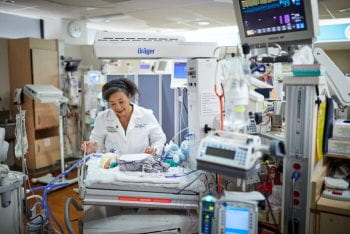Soe S. Mar, MD, a professor of neurology and of pediatrics at Washington University School of Medicine in St. Louis, is one of 53 faculty being honored with Dean’s Impact Awards for excellence in mentorship and sponsorship.
Medical school mentors, sponsors honored for their impact (Links to an external site)




